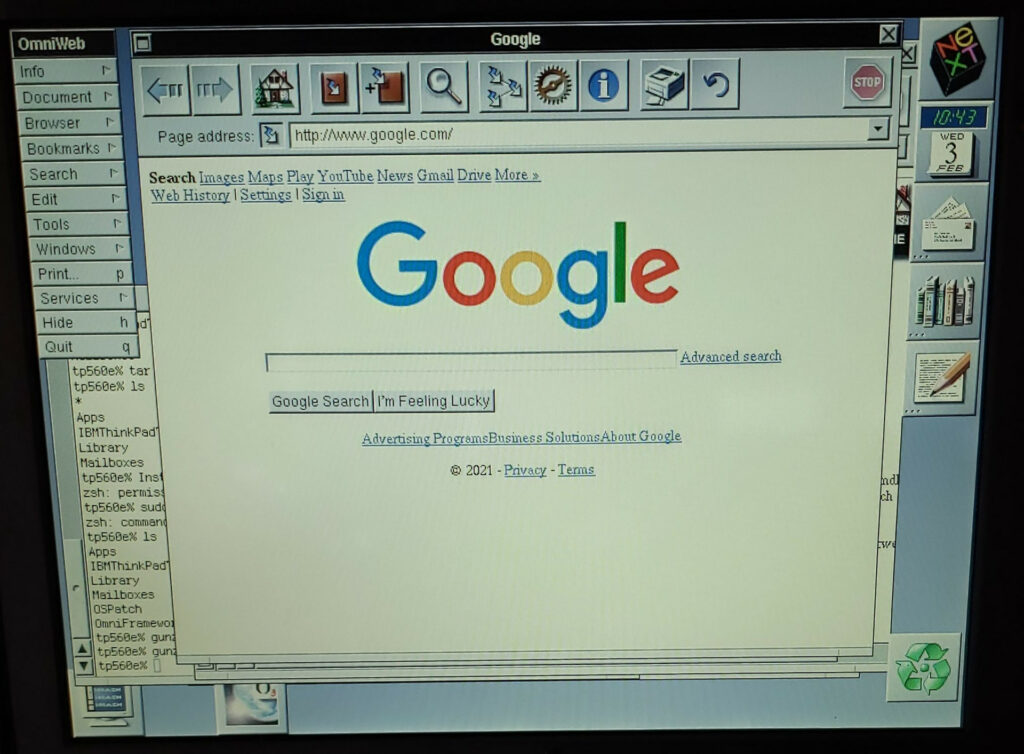The number of questions asked and answered on the “homework help” website Chegg has skyrocketed since classes migrated online due to the pandemic, an increase that authors of a new study published in the International Journal for Educational Integrity link to a likely increase in cheating.
Chegg, which has an honor code prohibiting cheating and which promotes itself as a site where students can get help on their homework, allows users to post a question to the site and receive an answer from a Chegg-identified expert “in as little as 30 minutes.” (The site’s posted average response time is 46 minutes.) The authors of the new study found that the number of questions posted on the site in five different science, technology, engineering and mathematics disciplines increased by 196.25 percent in April to August of 2020 compared to the same period in 2019.
“Given the number of exam style questions, it appears highly likely that students are using this site as an easy way to breach academic integrity by obtaining outside help,” the authors write in the article titled “Contract cheating by STEM students through a file sharing website: a COVID-19 pandemic perspective.”
“From my experience as somebody who has set exams, marked exams, read exams, seen too many exams, these things look like exam questions,” said Thomas Lancaster, the lead author of the study and senior teaching fellow in computing at Imperial College London, where he researches issues related to academic integrity and contract cheating. “From the point of view of Chegg, they are not promoting themselves as a service designed to help students to cheat, but they do offer a facility where you can get your answers completed quickly by a tutor, and the answers are delivered within the short time frame which matches an exam.”
“At the same time, these questions have started to increase in volume with the timing being exactly alongside the move to online teaching, the move to online exams and assessments, often in a completely unsupervised environment,” Lancaster continued. “It would seem to be quite a heavy coincidence if this was just purely a lot more students wanting to get assistance for unassessed work. I does seem to me like there are people using Chegg to cheat.”
Candace Sue, Chegg’s director of academic relations, said in a written statement that the authors “mistakenly imply -- without any evidence -- that increased usage of Chegg has [sic] correlates to an increase in cheating. With millions of students going online in a matter of months, students have lost valuable on-campus and faculty support services, and stress and anxiety is high. Chegg provides much needed learning support to these students, especially during the pandemic.”
“Chegg is a learning platform used by millions of students around the world to study, and we are deeply committed to academic integrity,” Sue said. “Students need help and the overwhelming majority of Chegg users are hard-working and honest, and they use our platform to supplement their learning. We take extremely seriously any attempts to cheat by those who abuse our offerings, and we invest heavily to prevent misuse of our learning platform.”
The company recently unveiled a new program, Honor Shield, which allows faculty to submit exam questions to the site in advance so they can be blocked during designated exam periods. "Further," Sue wrote, "we cooperate with every official academic Honor Code investigation and respond to every copyright takedown request as soon as possible. We remain 100% committed to addressing this challenge."
The new study examining usage of Chegg by STEM students comes amid rising concern about the potential for increased cheating as classes have moved online en masse and amid debate about the appropriateness of using remote proctoring technology. Proponents of remote proctoring software argue that the migration of courses online provides new opportunities and motivations for students to cheat, while opponents argue for the need to protect student privacy and not to contribute to their anxiety by adopting a surveillance approach.
The study also follows a recent article in Forbes about Chegg titled "This $12 Billion Company Is Getting Rich Off Students Cheating Their Way Through Covid." Forbes interviewed 52 students who used Chegg's study service. Not including the six students supplied by Chegg, all but four of the others said they use Chegg to cheat.
Camilla J. Roberts, president of the International Center for Academic Integrity, said there are increasing concerns in her field about Chegg and other sites like it.
“Thomas Lancaster is definitely known for his research in contract cheating,” said Roberts, who is also director of the Honor and Integrity System at Kansas State University. “If it’s a study by him, I know it’s going to be reputable, I know it’s going to be solid research. From what I’ve seen personally and through colleagues through the International Center for Academic Integrity, we have also seen an increase in our number of violations since the pandemic started. He [Lancaster] talks directly about Chegg, but there are definitely many sites like that and many different companies.”
The International Center for Academic Integrity issued a statement in October discussing the problem and raising concerns about students turning "to online companies advertising to 'help' a student, when in fact, they undermine teaching and learning." The statement, which does not name Chegg or any other specific companies, further faults the "so-called 'tutoring' or 'helping' websites" for "creating hurdles for educational administrators and instructors who are trying to get information about the posts and/or remove posts of copyrighted materials."
Gary Pavela, an expert on academic integrity and co-founder of the Integrity Seminars, said the sites do “seem too well-designed to in a way … facilitate academic dishonesty, whether intentional or otherwise.”
Pavela emphasized a need for professors to tell students they are aware of and monitoring sites like Chegg.
"If students believe everyone is doing it, we’ve lost the battle," Pavela said. "They need to know that everyone is not doing it and many of their peers disapprove. Don't give up on honor codes. That's still relevant and perhaps more relevant than ever."
"We do need to improve the awareness of professors that there are sites like Chegg out there," said Lancaster. "It is far from the only one, but it's the one we based this particular study on because we can see the numbers, whereas some sites operate entirely behind closed doors so we have no idea who a student is communicating with when they're meant to be doing work on their own. We need to get rid of the view that I've heard communicated by professors that these sites either don't really exist, their students would never cheat, or that these students are only cheating themselves. Ultimately, yes, they are cheating themselves if they get to a position where they can't continue with their course because they just lack the core foundational learning that they need, but beyond that they're cheating and being completely unfair to all the other students who are doing their own work."
The challenges around cheating using Chegg and similar websites also came up Thursday during a conference on an unrelated topic organized by the American Physical Society. Robert Birgeneau, a physicist and former chancellor of the University of California, Berkeley, described an incident last semester in which a student in a 600-person undergraduate physics class he was co-teaching posted a midterm exam on Chegg less than five minutes into the test -- "so a half an hour later the answers to all the problems were available on Chegg."
"We went through an elaborate process to deal with this, first of all discovering who the students were who were cheating, but then secondly threatening to sue Chegg, because they stole our intellectual property by posting the exam," Birgeneau said. "Then Chegg agreed to cooperate with us, so we then sent them two days in advance of our next exam the exams themselves and then they blocked all attempts. Then it turned out one of our students told us, however, there's another website in India."
For the final exam, Birgeneau said he and his co-professor "put together an elaborate honor statement, and you were not allowed to take the exam without having signed the honor statement, which had a lot of things that you were committing yourself to. The students understood if they violated that they would probably get thrown out of the university, because it was such a strongly worded one. That was completely successful, actually."
Douglas Harrison, vice president and dean of the school of cybersecurity and information technology at the University of Maryland Global Campus, an online institution, said the spike in Chegg usership uncovered by Lancaster was concerning. But he said "one big unanswered question is how does that spike compare to the overall number of students whose learning moved online" after the pandemic started?
"If as the article argues, most of this spike in question submission at Chegg was cheating activity, it also tracks with what we know about the primary psychological drivers of cheating, and those are mainly stress, pressure and anxiety," Harrison said. "That period of time that the article’s covering tracks with the earliest stages of the mad dash to move to remote teaching, and it was immensely disorienting and destabilizing. It’s certainly no excuse for cheating, but it's important context."
He added that the context is important because "one of the trends of the last year’s move to remote teaching has been a coterminous condemnation of cheating online as a condemnation that online education is inherently inferior or more susceptible to compromise, and there’s evidence out there that’s not the case. I just think it's important that that spike not be automatically equated with an assumption of some kind of failure of online learning."





